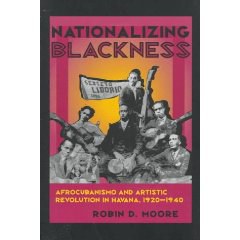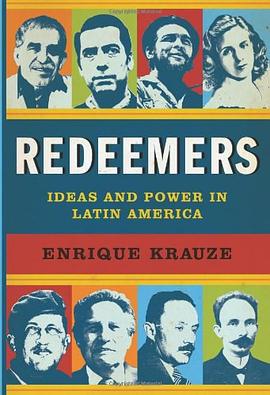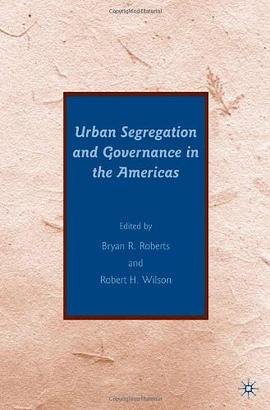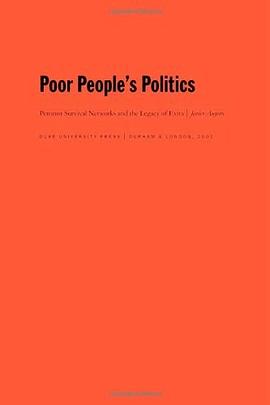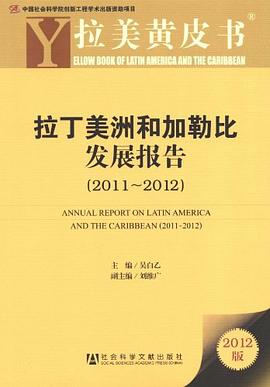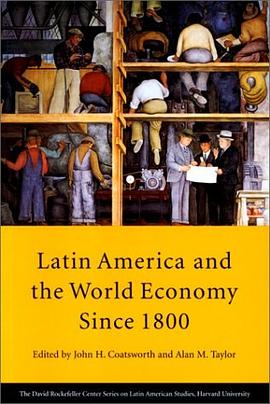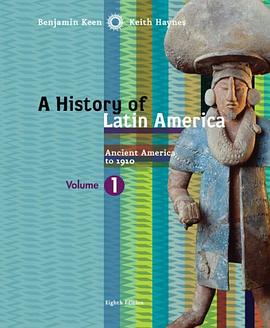

Understanding development in Latin America today requires both an awareness of the major political and economic changes that have produced a new agenda for social policy in the region and an appreciation of the need to devise better conceptual and methodological tools for analyzing the social impacts of these changes. Using as a reference point the issues and theories that dominated social science research on Latin America in the period 1960-80, this volume contributes to "rethinking development" by examining the historical events that accounted for the erosion or demise of once-dominant paradigms and by assessing the new directions of research that have emerged in their place.Following the editors' overview of the new conceptual and social agendas in their Introduction, the book proceeds with a review of previous broad conceptual approaches by Alejandro Portes, who emphasizes by contrast the advantages of newer "middle-range" theories. Subsequent chapters focus on changes in different arenas and the concepts and methods used to interpret them: "Globalization, Neoliberalism, and Social Policy"; "Citizenship, Politics, and the State"; "Work, Families, and Reproduction"; and "Urban Settlements, Marginality, and Social Exclusion." Contributors, besides the editors, are Marina Ariza and Orlandina de Oliveira, Diane Davis, Vilmar Faria, Joe Foweraker, Elizabeth Jelin, Alejandro Portes, Joe Potter and Rudolfo Tuirn, Juan Pablo Prez Sinz, Osvaldo Sunkel, and Peter Ward.
具体描述
读后感
评分
评分
评分
评分
用户评价
相关图书
本站所有内容均为互联网搜索引擎提供的公开搜索信息,本站不存储任何数据与内容,任何内容与数据均与本站无关,如有需要请联系相关搜索引擎包括但不限于百度,google,bing,sogou 等
© 2025 book.wenda123.org All Rights Reserved. 图书目录大全 版权所有

